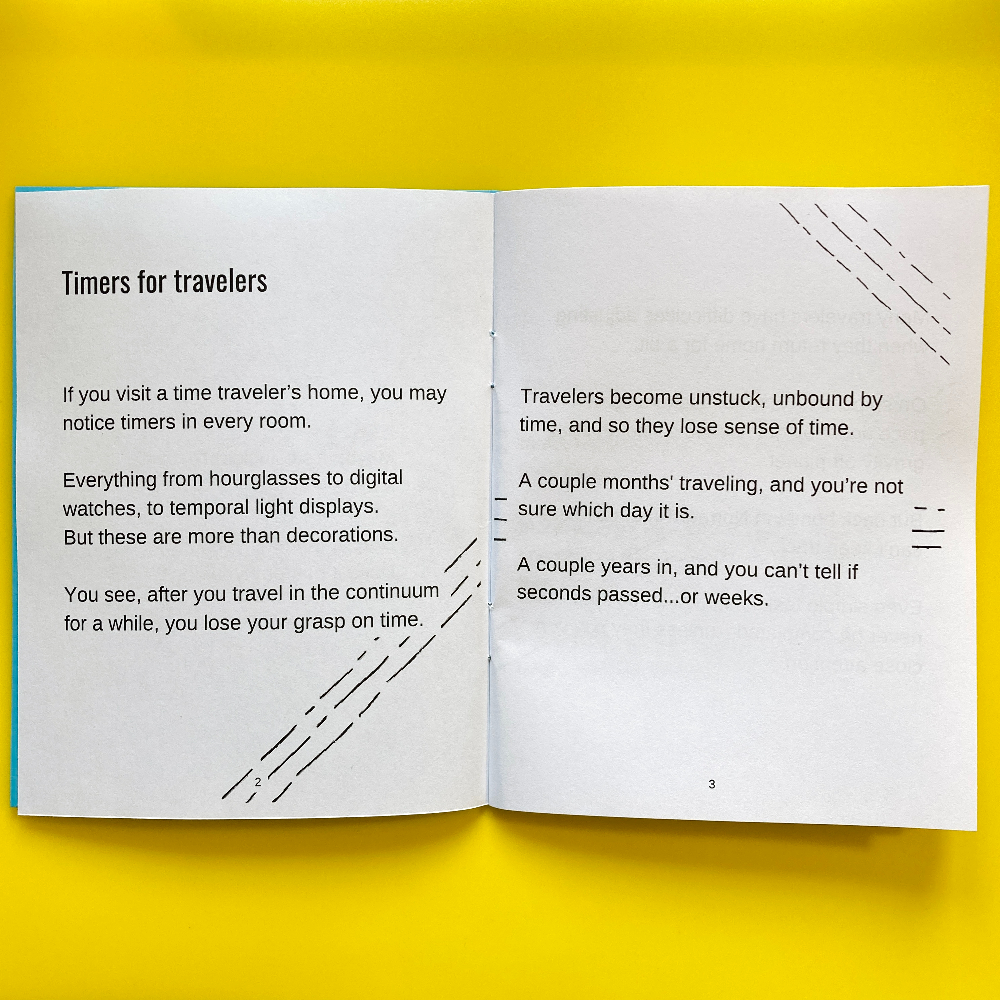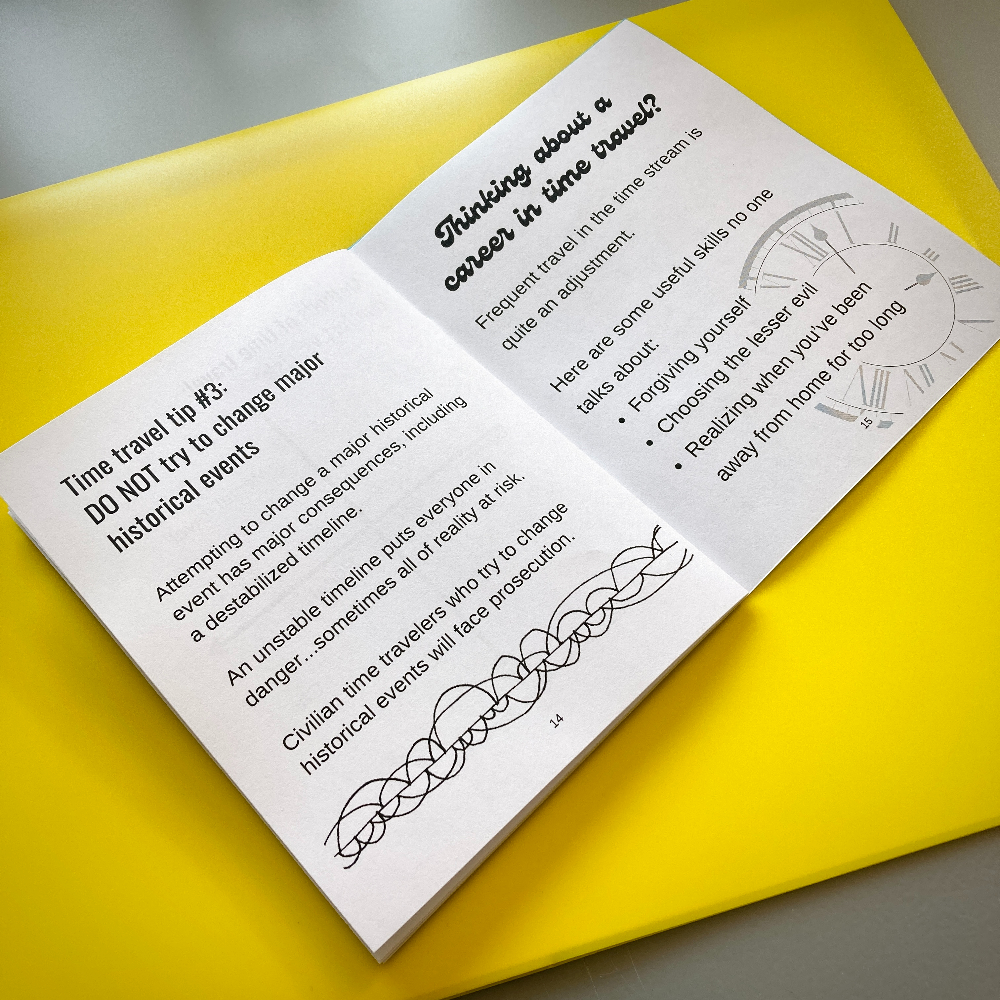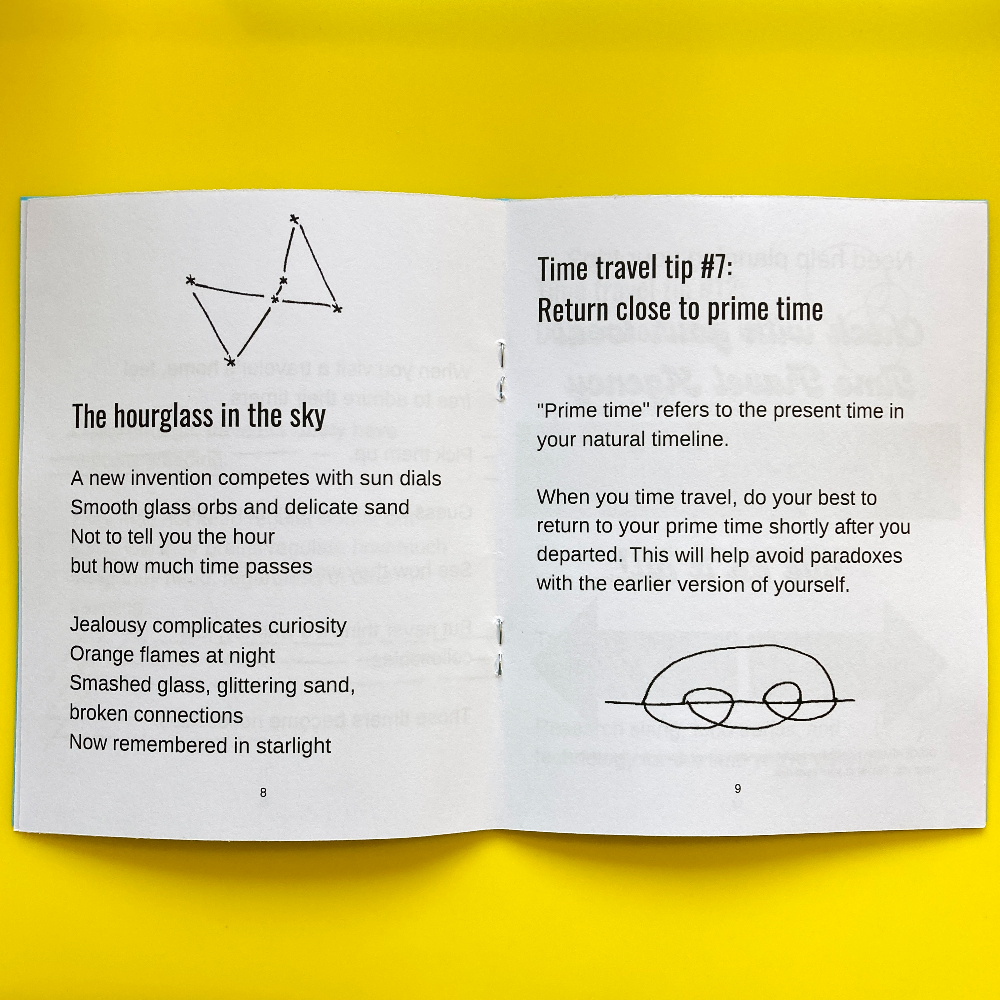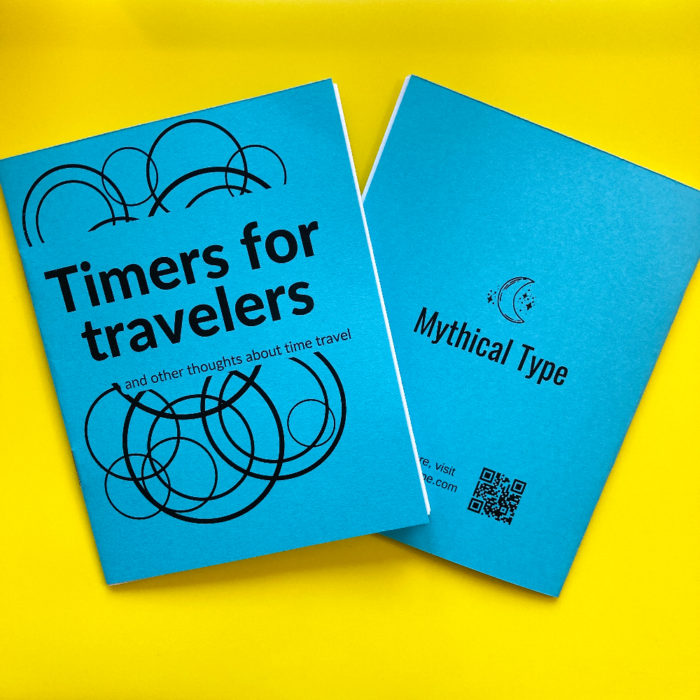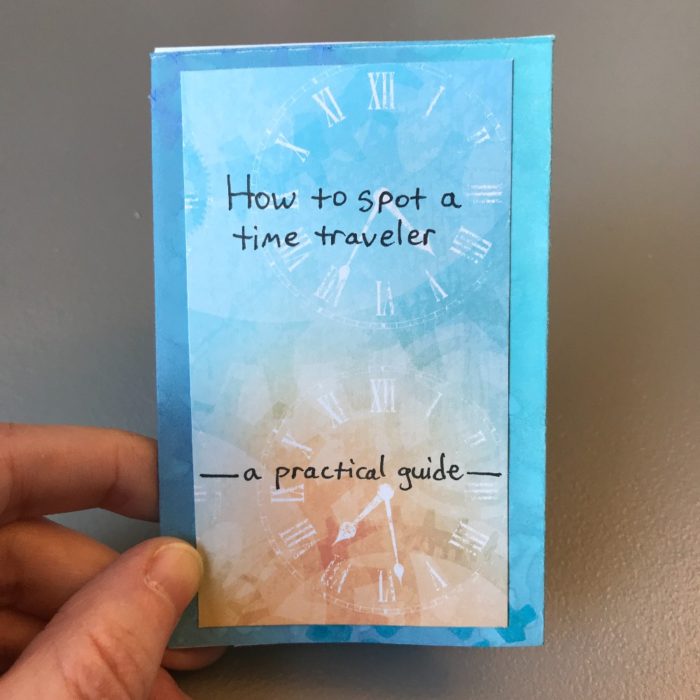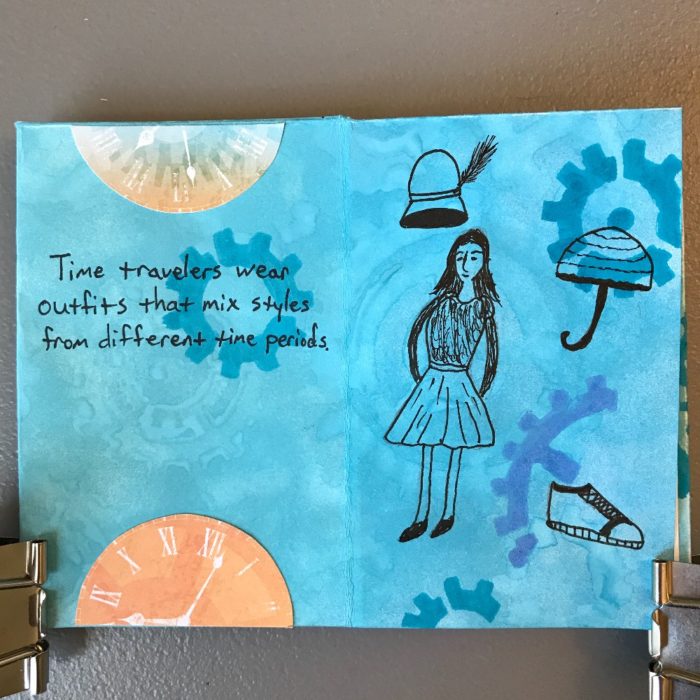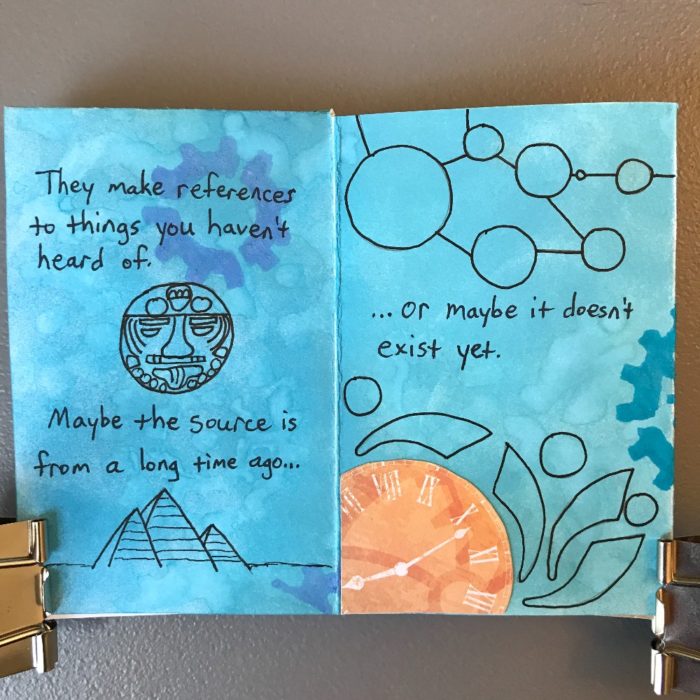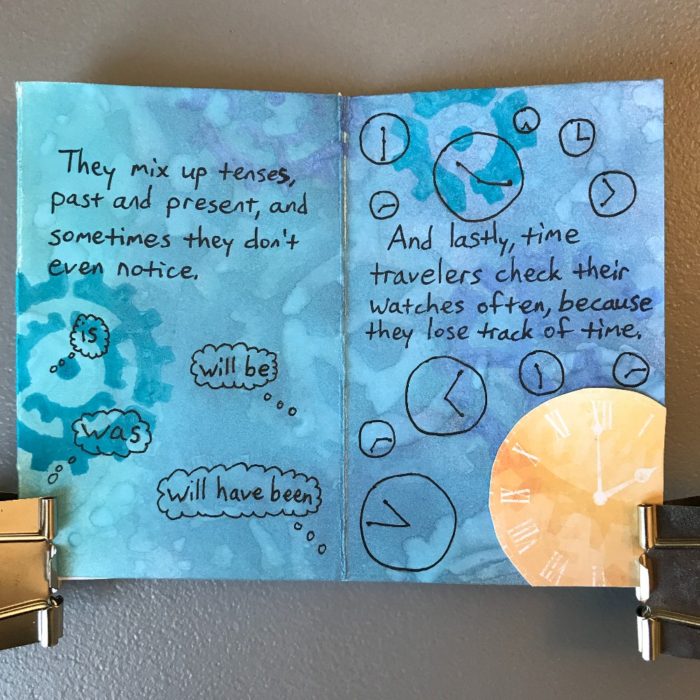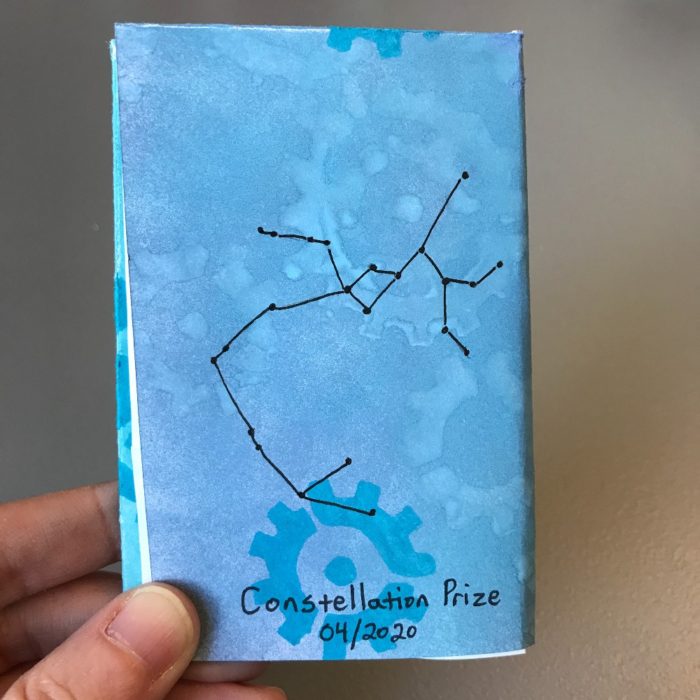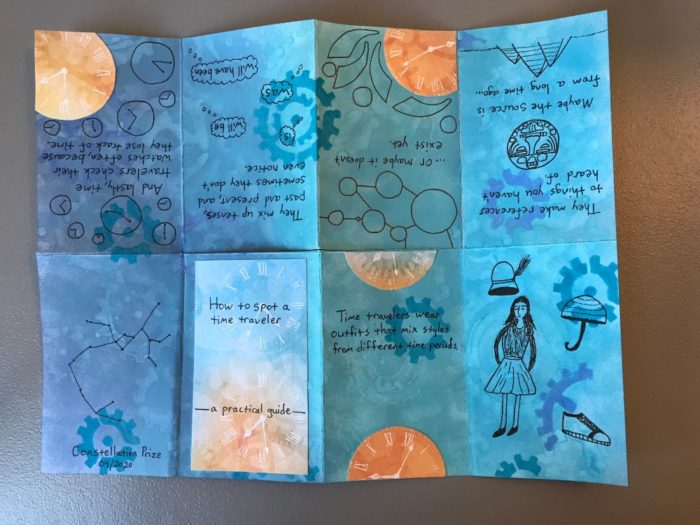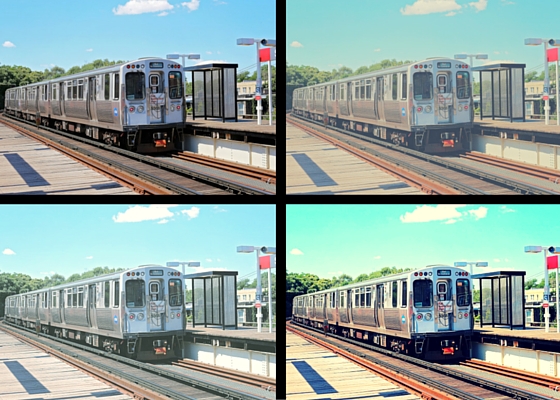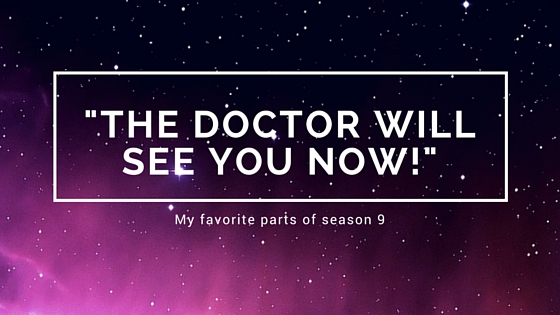I really enjoyed the stories this season on Doctor Who. Here are some of my favorite parts. (Spoilers, obviously.)
9×04 “Before the Flood”
The bootstrap paradox happens when you have an event with no origin point. The Doctor’s example is with Beethoven’s 5th Symphony. I knew about this paradox from before, but not by name. The example I’m familiar with is in Back to the Future. At the Enchantment Under the Sea dance, Marty plays “Johnny B. Goode” by Chuck Barry on stage, which is an old song from Marty’s perspective but didn’t exist yet in 1955. One of the band members calls Chuck Barry during the performance to tell him this is the sound he’s been looking for. Supposedly, Marty inspired Chuck Barry to write “Johnny B. Goode,” but Marty was playing Chuck Barry’s song in the first place. Then…who came up with Johnny B. Goode? In this case, the song doesn’t have an origin point.
9×05 “The Girl Who Died”
“People talk about premonition as if it’s something strange. It’s not. It’s just a memory in the wrong direction.”
When the Doctor said this it made me think: Would time travelers have premonitions more often than non-time travelers? If you’re moving back and forth in time, maybe your memory is more flexible and more open to receiving information out of order.
I loved the flashback to Pompeii and the connection to why the Doctor chose the Roman Senator’s face. In Pompeii, the Doctor saved one family but lost the city. Here, he saves the village but loses one person (Ashildr). But still losing Ashildr isn’t good enough, so the Doctor saves her too. He unintentionally makes her immortal, which is a nice parallel to when Rose/Bad Wolf saved Captain Jack Harkness and made him immortal by accident.
9×06 “The Girl Who Lived”
This was an interesting look at the downsides of being immortal. Ashildr has a lot of life experiences and opportunities to learn new things but she is alone and disconnected from humanity. She can’t even remember most of what she has done because her brain is still human and not built to store memories for an unlimited time. She has to rely on journals to record her life and be able to reference what has happened in the past.
“I just want you to attack first. Then my conscience is clean.”
This shows one of my favorite parts of the Doctor’s personality: He is sassy, honest, and always open to non-violence. But he is fully ready to fight if necessary.
9×11 “Heaven Sent”
“The Doctor will see you now!”
This has been a repeated line, and the Doctor says it in different contexts. Sometimes light and funny. Sometimes angry and aggressive, like in this episode.
The Doctor has a “storeroom” in his mind where he retreats to think during emergencies. It’s kind of like a mind palace for dire situations. Because the Doctor can think so fast, time seems to slow down for him in an emergency, so he ends up with enough time to think in his storeroom, which looks like the console room in the TARDIS. These scenes change up the pace from when the Doctor is running around the castle.
9×12 “Hell Bent”
The episode starts with the Doctor talking to Clara in a diner. I thought it was a memory or a dream at first but no—the diner and Clara are real, and we’re seeing scenes out of order. It’s a good use of misdirection.
We learn more about the Time Lords and the Doctor’s relationship to his own people. The governing council sees him as a threat while the civilians sees him as a hero. We still don’t know exactly why the Doctor ran away from Gallifrey but now we know of a couple more possibilities. If he is the hybrid that’s destined to destroy the universe, then he might have run away because 1) he was afraid of what the Time Lords would do to him if they knew his destiny or 2) he was afraid of what he might be capable of so he thought it would be safer to leave.
The second half of season 9 was especially strong, and I’m already looking forward to next year’s episodes.

